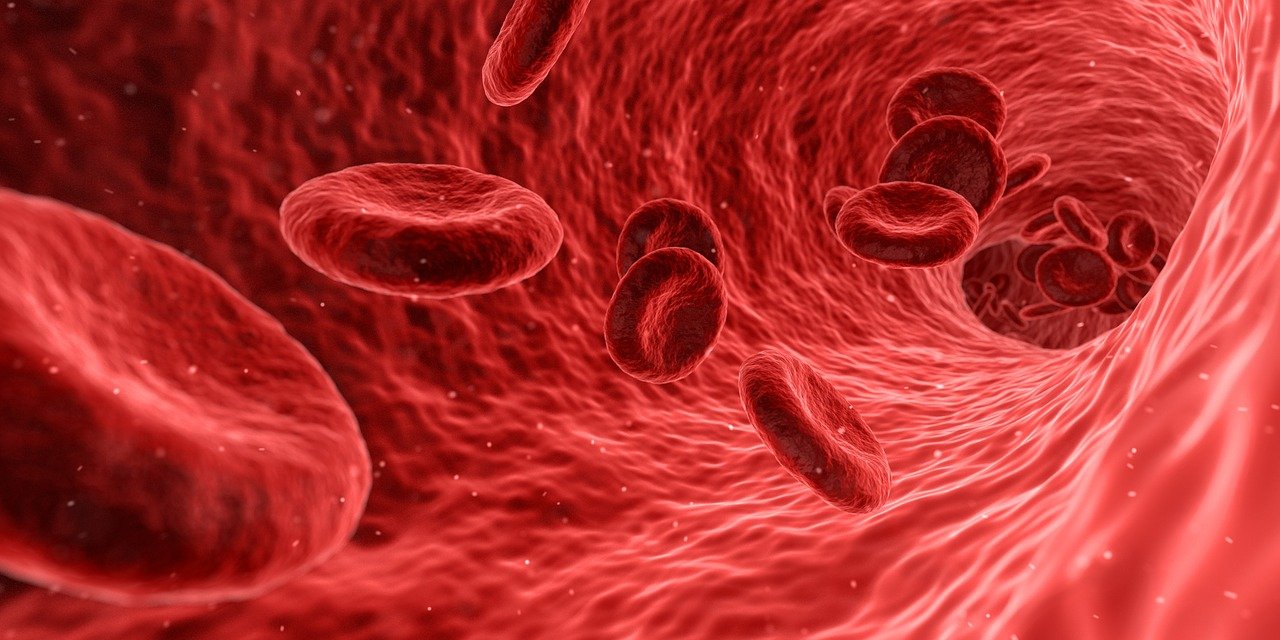In early August of 2018, a San Francisco jury ordered Monsanto to pay $289 million in damages to a California groundskeeper who was diagnosed with terminal non-Hodgkin lymphoma. The groundskeeper, Dewayne Johnson, was diagnosed with the terminal illness only after using Monsanto’s Roundup for many years.
Some scientific research has linked an herbicide in Roundup called glyphosate to several types of cancer, including non-Hodgkin lymphoma. In fact, it was the jury’s belief that Monsanto intentionally hid this potential connection from the public that led to the nearly $300 million verdict.
Here is additional information about non-Hodgkin lymphoma and its potential connection with glyphosate.
What Is Non-Hodgkin Lymphoma?
The medical term lymphoma is derived from the medical word lymphocytes, which are white cells that help make up the body’s immune system. Cancer that begins in the lymphocytes is categorized as lymphoma, of which there are generally two broad categories. These categories are non-Hodgkin lymphoma and Hodgkin lymphoma, specifically.
Discussion of Hodgkin lymphoma is beyond the scope of this article because glyphosate is typically linked to non-Hodgkin lymphoma. The primary difference between these two forms of cancer, however, is whether a specific type of mutated lymphocytes (known as Reed-Sternberg cells for the scientists who discovered them) are identified.
Cancer that originates in the lymphatic system and does not have Reed-Sternberg cells identified will be diagnosed as a form of non-Hodgkin lymphoma.
Facts About Non-Hodgkin Lymphoma
This form of cancer is one of the most diagnosed types of cancer in the world, with over 70,000 non-Hodgkin diagnoses in 2016. Additionally, it is worth noting that:
- The survival rate for five years or more after a diagnosis is approximately 70 percent
- Most patients diagnosed with this form of cancer are older, with the median age of diagnosis being 66 years of age
- 3 out of every 4 non-Hodgkin lymphoma patients are 55 or older
What Is the Link Between Glyphosate and Non-Hodgkin Lymphoma?
The much-cited WHO study found that glyphosate is a probable cause of non-Hodgkin lymphoma in 2015. This finding was based on a review of multiple studies reviewing the effect glyphosate had on agricultural workers and forestry workers for more than a decade.
These highly discussed findings assert that the evidence suggests that those workers who were exposed to glyphosate were more likely to develop non-Hodgkin lymphoma than workers who were not exposed.
In addition to these findings, a number of other studies have cited a connection between Roundup’s glyphosate and non-Hodgkin lymphoma. In fact, tests by the US National Toxicology Program have also shown that Roundup’s glyphosate has a higher rate of toxicity to human cells than just glyphosate in isolation.
However, it must be noted that these findings must be tempered with a fair report that other studies have reported findings suggesting that glyphosate is not a carcinogen. Yet, for the time being, it is important to protect your rights by speaking with a Ledger Law Roundup and non-Hodgkin lymphoma lawyer if you or a loved one was diagnosed with the disease after using Roundup.
Contact us online for a free case evaluation to discuss the facts of your diagnosis and legal claim against Monsanto today.

Emery Brett Ledger brings more than 27 years of experience to personal injury law. He founded & led The Ledger Law Firm in securing over $100 million in compensation for clients with life-altering injuries & complex claims. Licensed in California, Texas, & Washington, Emery earned his law degree from Pepperdine University School of Law. His practice areas include car & truck accidents, wrongful death, catastrophic injuries, maritime claims, & mass tort litigation. He has been recognized by The National Trial Lawyers’ Top 100, Mass Tort Trial Lawyers Top 25, and America’s Top 100 Personal Injury Attorneys. Emery also received the 2025 Elite Lawyer Award & holds a perfect 10.0 Avvo rating with Platinum Client Champion status. His legal work has been featured on CNN, Forbes, NBC, & ABC.



